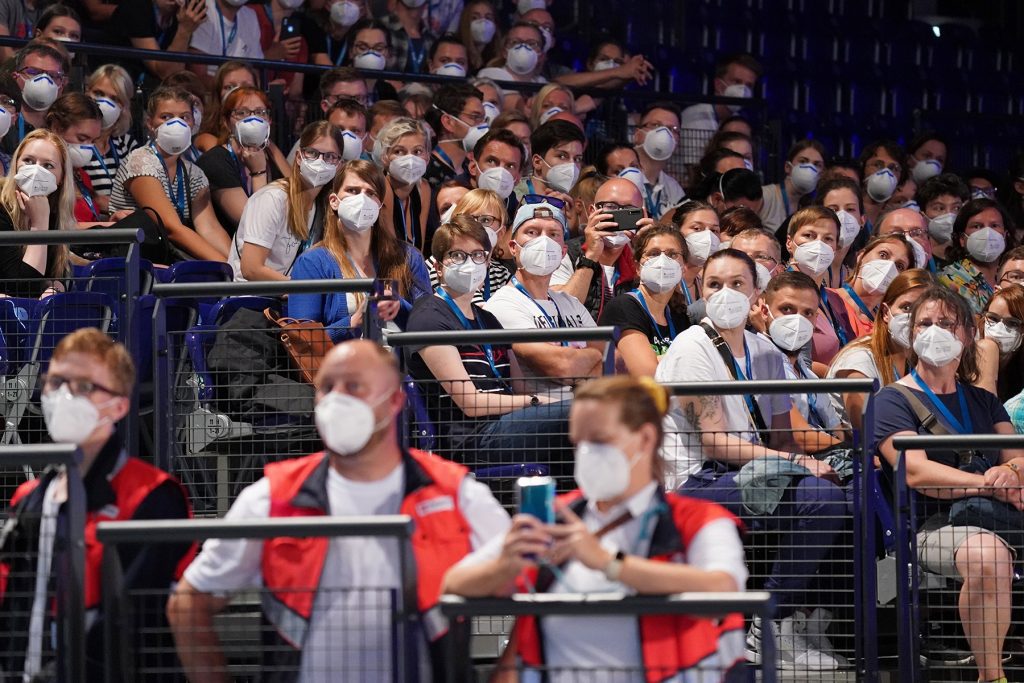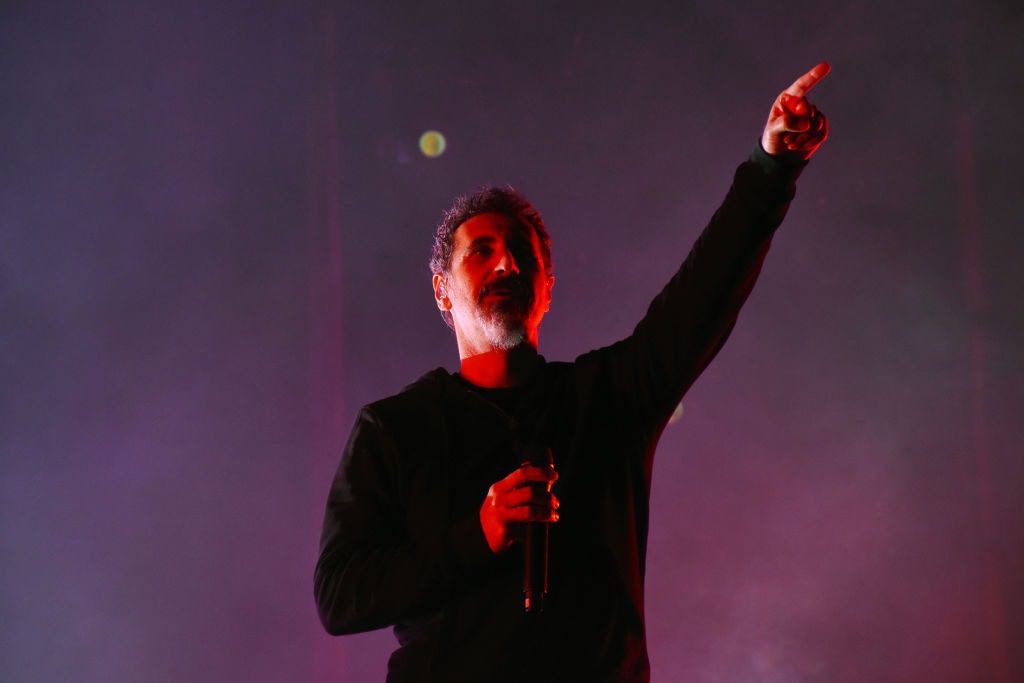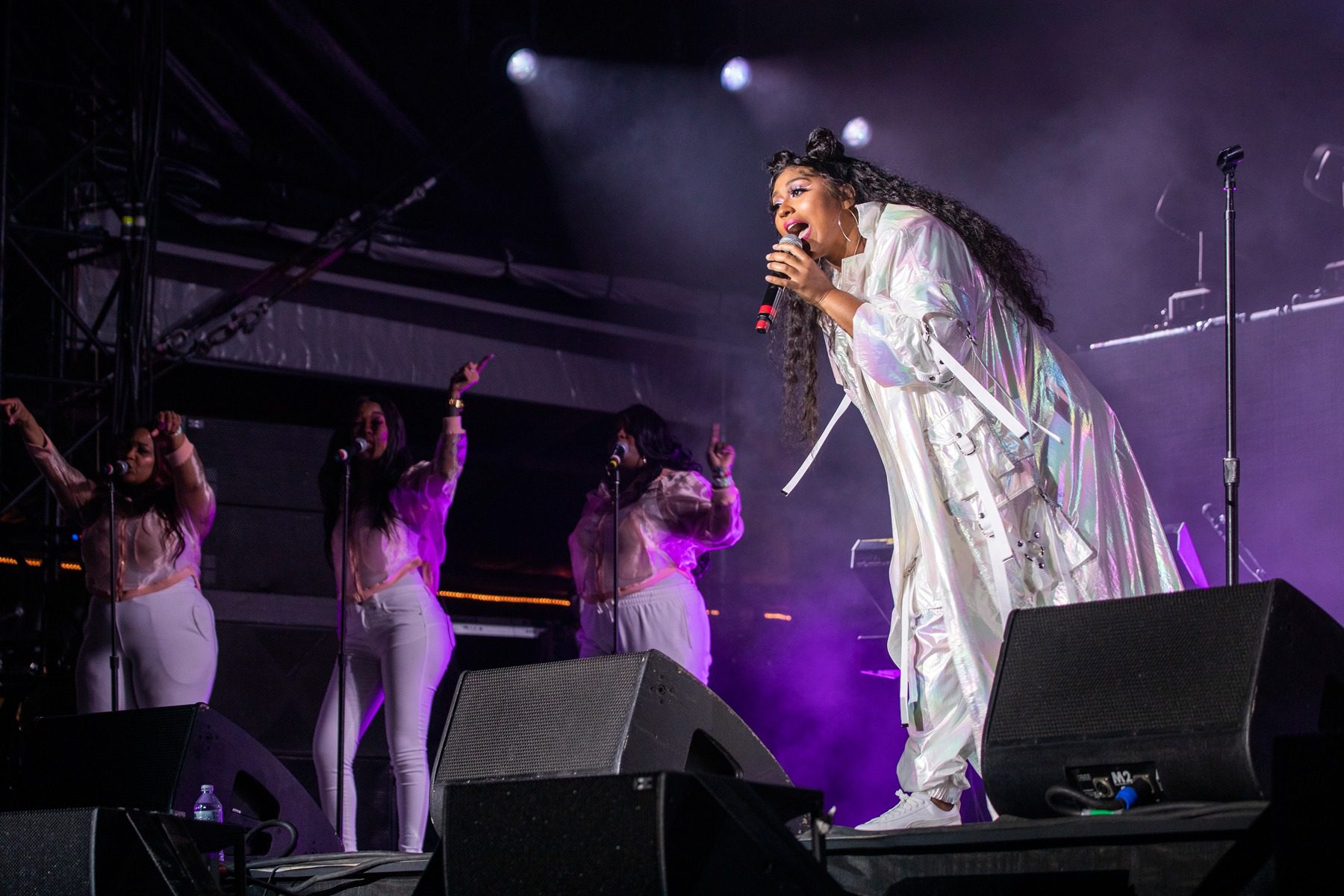
German Study Finds Covid-19 Risk Is Low at Indoor Concerts With Safety Precautions
A new study conducted in Germany has found that there’s potentially a low risk of spreading the coronavirus at indoor concerts, so long as significant safety precautions are taken, The New York Times reports.
Back in August, a group of researchers at the Martin Luther University Halle-Wittenberg conducted a study centered around a show by the German pop singer Tim Bendzko at an arena in Leipzig. About 1,400 people were in attendance — most of them volunteers — and the study ultimately found that the risk of spreading Covid-19 at such an event was “low to very low” if there’s good ventilation, strict hygiene rules, and a limited audience.
The researchers who conducted the study boosted their findings, with Dr. Michael Gekle saying, “There is no argument for not having such a concert. The risk of getting infected is very low.” However, before the ailing live music industry gets too excited, the study has not been peer-reviewed, and one critic suggested to the Times that while the findings may be “useful,” it may not be possible to replicate the controls deployed in the study at an actual concert.
blogherads.adq.push(function () {
blogherads
.defineSlot( ‘medrec’, ‘gpt-dsk-tab-article-inbody1-uid0’ )
.setTargeting( ‘pos’, [“mid-article”,”mid”,”in-article1″,”mid-article1″] )
.setSubAdUnitPath(“music//article//inbody1”)
.addSize([[300,250],[620,350],[2,2],[3,3],[2,4],[4,2]])
;
});
To conduct the study, participants were given masks and tracking devices. Over the course of 10 hours, they were asked to simulate different concert scenarios, one with no social distancing, one with some social distancing, and one with strict social distancing. Volunteers were treated to a set from Bendzko during each round, while, in between, researchers tracked the movement of attendees as they visited food vendors and bathrooms. The study found that contact between people was highest during these breaks and as people entered the venue.
Furthermore, volunteers were given a fluorescent disinfectant, which was used to track and examine which surfaces were touched most over the course of the day. Researchers also employed a fog machine to calculate the potential spread of aerosol droplets, finding proper air circulation and bringing as much clean air into the venue as possible was the best way to decrease the likelihood of exposure.
Researchers offered a handful of recommendations for Covid-19 safe concerts: Installing new ventilation systems that more effectively refreshes the air in the venue; implementing seated food and drink breaks; mandating masks; and ensuring attendees can get into the venue through multiple entrances.
In Europe, other similar studies are underway, including one that’s receiving some help from the organizers behind Primavera Sound in Spain. While many questions remain — both about safety and the financial feasibility of hosting an indoor show with a significantly diminished audience — some in the live music industry viewed the German study with some optimism.
“Obviously if masks are going to work for larger gigs then that’s big progress,” Glastonbury’s Emily Eavis said. “We are hoping for more news by the end of the year.”




